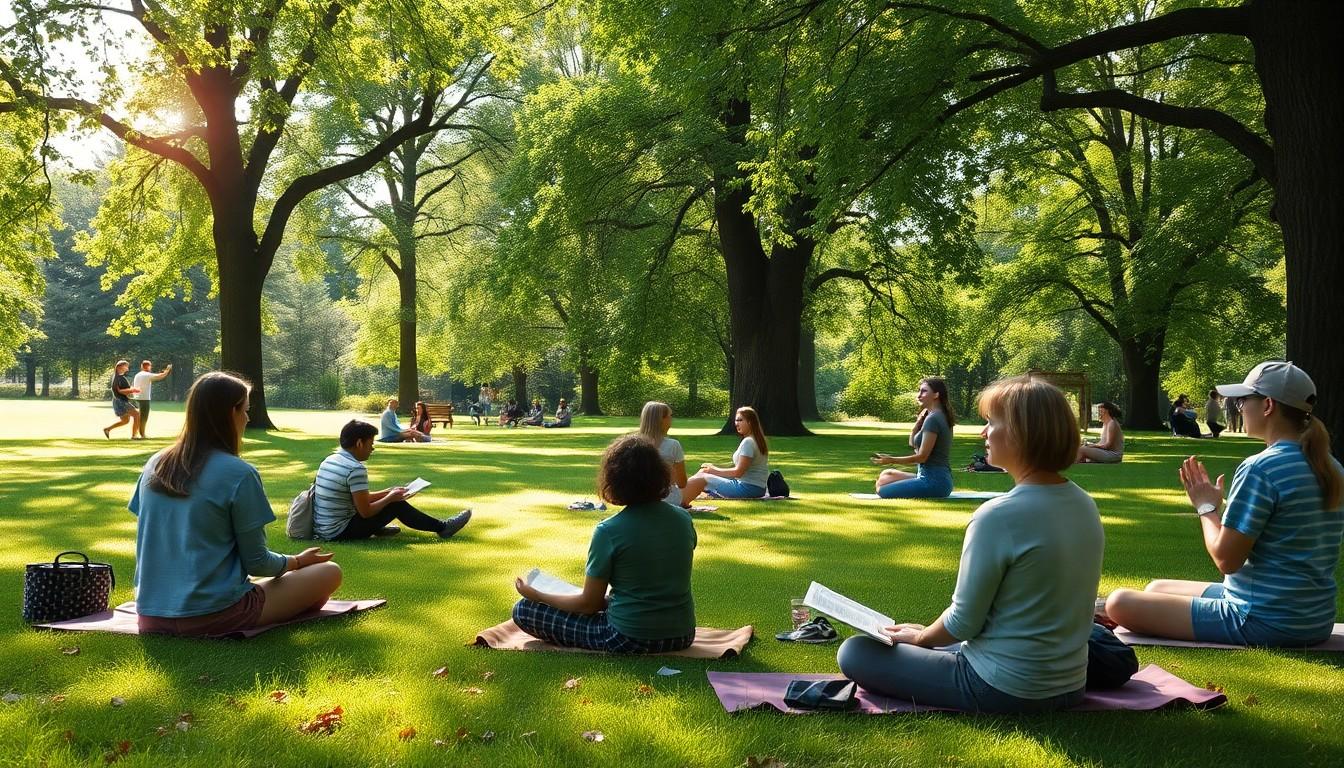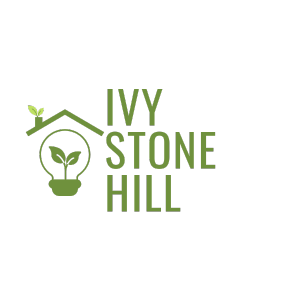In a world that feels like it’s constantly speeding up, the slow living lifestyle invites everyone to hit the brakes and savor life’s little moments. Picture this: instead of rushing through your day like a caffeinated squirrel, you take a leisurely stroll, breathe in the fresh air, and truly enjoy your cup of coffee—no more gulping it down in a frantic dash to the next meeting.
Slow living isn’t just a trend; it’s a movement that encourages people to embrace simplicity, mindfulness, and joy in everyday activities. It’s about trading in chaos for calm and finding happiness in the mundane. So why not join the slow revolution? After all, life’s too short to be in a hurry, and who wouldn’t want to enjoy a little more sunshine and a lot less stress?
slow living lifestyle
Slow living lifestyle promotes a thoughtful approach to everyday existence. It encourages individuals to savor moments rather than rush through tasks. Mindfulness stands at the core of this philosophy, urging a focus on the present. Many people find that simplicity enhances their well-being, allowing them to engage more fully with their surroundings.
Embracing slow living can lead to reduced stress levels. Less focus on productivity increases appreciation for life’s little joys. Engaging with nature often forms a crucial part of this lifestyle. Regular walks in the park or gardening can create calming experiences.
The movement also highlights the value of quality over quantity. Choosing meaningful connections over numerous social obligations fosters deeper relationships. Many advocates suggest downsizing possessions to reduce clutter, creating a more serene environment.
Moreover, slow living often emphasizes sustainable practices. Individuals engage in local farming and support artisanal products, contributing to eco-friendly consumption habits. Seasonally sourced food not only promotes health but also connects individuals to their communities.
Prioritization of wellness through activities like yoga and meditation reinforces inner peace. Finding time to journal or read enhances self-reflection, providing clarity amidst life’s chaos. Ultimately, the slow living lifestyle invites individuals to design a more intentional life centered around peace, purpose, and joy.
Benefits Of Slow Living

The slow living lifestyle offers numerous benefits that enhance overall well-being while promoting sustainability. Adopting this approach fosters a deeper connection with oneself and the environment.
Mental Health Improvements
Mental health experiences significant enhancements through slow living practices. Engaging in mindfulness reduces anxiety and depression rates. It encourages individuals to focus on the present, enabling a calmer mindset. Reducing the pace of life allows for better stress management. Individuals often find joy in small, everyday activities, which boosts overall happiness. Additionally, spending time in nature positively affects mental clarity, contributing to emotional stability.
Environmental Impact
Slow living contributes positively to the environment through sustainable practices. Supporting local farmers fosters community and reduces carbon footprints. Emphasizing quality over quantity lowers waste and promotes thoughtful consumption. Minimalism encourages individuals to downsize possessions, leading to less environmental strain. Choosing eco-friendly products and reducing reliance on fast fashion further protect natural resources. The cumulative effect of these choices supports a healthier planet for future generations.
How To Adopt A Slow Living Lifestyle
Adopting a slow living lifestyle involves several practical steps that foster mindfulness and simplicity.
Simplifying Your Space
Decluttering is essential for creating a serene environment. Start by assessing possessions and eliminating items that no longer serve a purpose. Organizing belongings not only creates physical space but also promotes mental clarity. Emphasizing quality over quantity helps in making deliberate purchasing choices. Consider opting for multi-functional furniture to reduce clutter, ensuring every item has its place. Creating a harmonious living space encourages relaxation and supports a slower pace of life.
Mindful Consumption
Practicing mindful consumption entails evaluating purchasing habits. Focus on buying locally sourced or sustainable products. Supporting local farmers reduces the carbon footprint and fosters community connections. Opting for eco-friendly items enhances personal well-being while caring for the environment. Avoid impulse buying by creating shopping lists and prioritizing needs over wants. Embracing this approach contributes to a more intentional lifestyle, aligning consumption with values that support slow living. Cultivating mindfulness in consumption promotes a greater appreciation for life’s simple pleasures.
Challenges Of Slow Living
Slow living presents unique challenges that individuals often encounter. Cultural expectations and digital distractions significantly hinder the ability to embrace this lifestyle.
Cultural Expectations
Society often promotes fast-paced lifestyles as the norm. Many people feel pressured to achieve visible success, which conflicts with the slow living philosophy. Expectations regarding productivity and constant engagement create a sense of urgency that impacts mental well-being. Individuals may struggle to prioritize mindfulness and simplicity due to powerful societal influences. Adhering to conventional timelines for career advancements or personal milestones becomes challenging. As a result, it is crucial to challenge these norms and redefine personal goals to incorporate slower, more intentional living.
Digital Distractions
Digital devices constantly vie for attention and disrupt peaceful moments. Notifications, social media, and endless content streams interrupt the flow of daily life. Individuals often find themselves distracted while attempting to savor experiences, making it difficult to focus on the present. These distractions not only detract from meaningful interactions, but they also contribute to increased stress levels. Reducing screen time can enhance engagement in personal pursuits and appreciation for simple joys. Cultivating a deliberate approach toward technology use is essential for fully embracing the principles of slow living.
more sustainable future
Embracing a slow living lifestyle can transform one’s approach to daily life. By prioritizing mindfulness and simplicity individuals can find joy in the ordinary and cultivate a deeper sense of peace. This intentional way of living not only enhances personal well-being but also fosters a connection with the environment and community.
As the world continues to speed up it’s essential to challenge societal norms that promote haste. Choosing to slow down is a powerful act of self-care that invites clarity and fulfillment. By taking small steps towards this lifestyle individuals can experience profound changes that enrich their lives and contribute to a more sustainable future.

